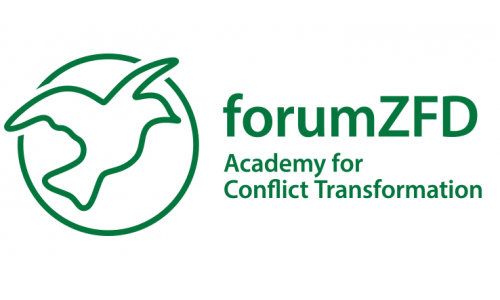Restorative Justice
Among the most daunting challenges facing societies emerging from violent conflict is what to do with the gross violations of human rights committed during the conflict. The Nuremberg trials established a historic precedent for legal accountability for such acts, and the field loosely known since the 1990s as ‘Transitional Justice’ have served to consolidate international consensus on the need for a reckoning with past abuses.
But if a society is to transform its heinous past into learning resource for the future it also has to address the needs of people who have lived through the violence. And, in this, the field of Restorative Justice has become growingly recognized for its inclusive approach to all stakeholders in a conflict. Restorative Justice has the ability to transform the lives of victims, of those who caused the harm, and of the broader citizenry. Restorative Justice contribute to a groundswell in society of reconciliation.
To expose trainees to the historic ways in which Restorative approaches emerged as a critical response to developments within international practice of Transitional Justice and
To explore how it may complement institutionally based approaches to Dealing with the Past or serve as an erstwhile alternative amid the resistance of political elites to any reckoning with past abuses.
To establish trainees’ fluency in basic Restorative Justice terms, practices, and ethical basis.
To enable trainees to apply this learning to a particular context, of their choosing.
To explore indigenous and localized practices, especially in trainees' selected contexts, that evince internationally recognized principles and values of Restorative Justice.
To deliver to trainees hands-on experience of the tools of Restorative Justice, in class, with other participants, in all roles (mediator, victim, person responsible for harm done, other stakeholders ..).
The training is designed for anyone working with damage and hurt done in the context of a conflict, whether interpersonal, communal, or in conditions of war and / or authoritarianism.
Location
To apply for the course, please click on the button. Apply now
| Topics | |
| Languages | English |
| Evaluation | Certificate of Attendance |
| Target Audience | |
| Methods | |
| Accreditation | |
| Certificate |
If you have any questions about this course, please get in touch.
In order to send a message, please click on this button. Get in contact

